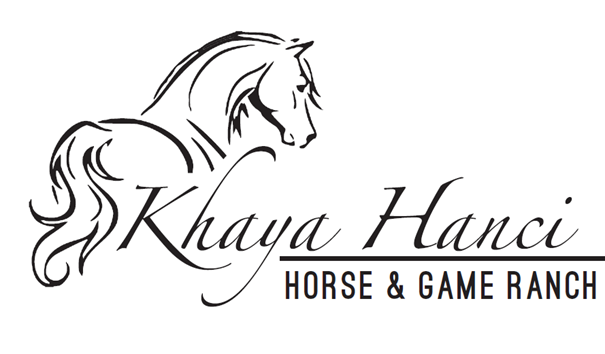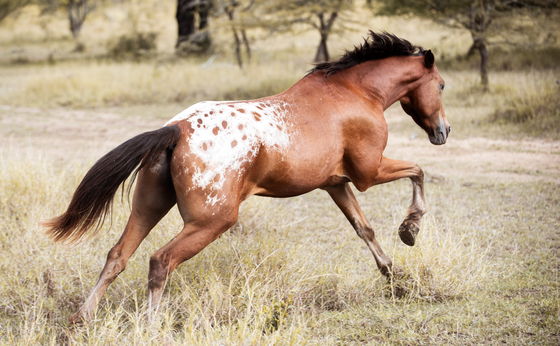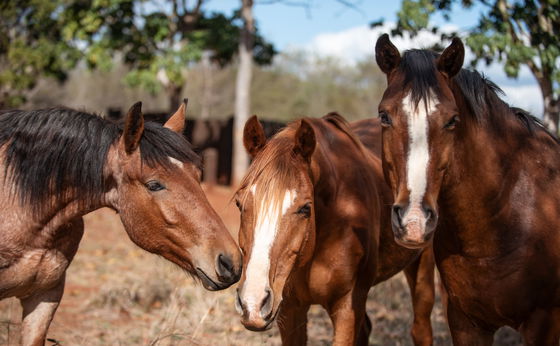Meet our herd
Meet Our Herd
At Khaya Hanci, we believe that horses deserve to live in a way that honours their true nature – as social, sensitive beings who thrive in freedom, companionship, and peace. Our 25-member herd reflects this belief: a diverse group of horses of all ages, each with a distinct personality and a story worth telling.
Here, on 450 hectares of open African bushveld, they are given the time, space and dignity to heal, to find their place within the herd, and to rediscover what it means to feel safe, respected, and loved.
Our horses
Our herd of 25 rescued horses lives freely on 450 hectares of open African bush. Each horse has its own story – many come from neglect, abuse, or abandonment – but here, they’ve found a new beginning. Living as a natural herd, they roam, graze, and bond with one another, surrounded by wildlife and peace. With time, trust, and care, they heal – rediscovering safety, joy, and what it means to simply be a horse.
Their stories
The Rescue Horses of Khaya Hanci
The horses at Khaya Hanci come from various backgrounds, many having been rescued from neglect, abuse, or abandonment. These horses were given a second chance after being found in difficult conditions across South Africa.






Share This Page